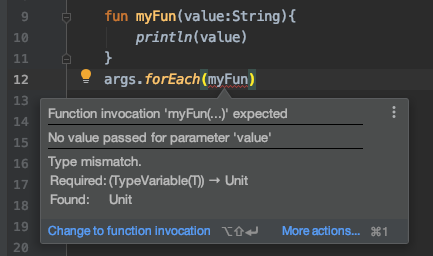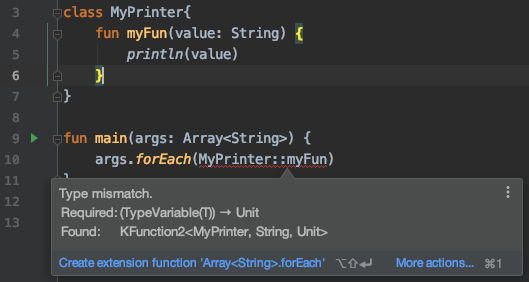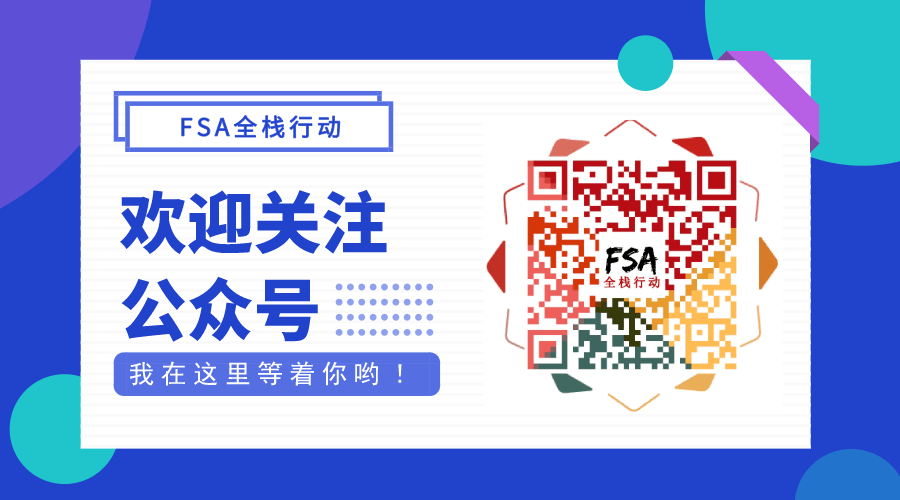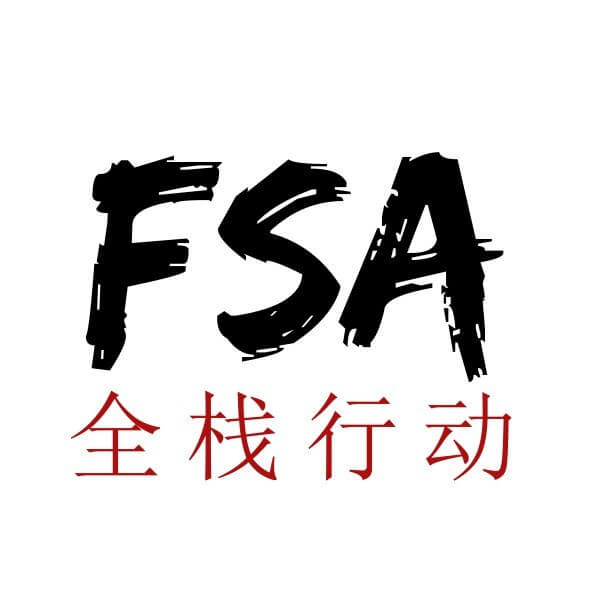 Kotlin - 高阶函数与函数引用
Kotlin - 高阶函数与函数引用
# 高阶函数
高阶函数是 参数或返回值是函数 的函数,我们之前已经接触过了几个高阶函数,如:
// _Arrays.kt
public inline fun <T> Array<out T>.forEach(action: (T) -> Unit): Unit {
for (element in this) action(element)
}
public inline fun <T> Array<out T>.filter(predicate: (T) -> Boolean): List<T> {
return filterTo(ArrayList<T>(), predicate)
}
其中 forEach 要求传入一个函数类型为 (T) -> Unit 的函数作为参数(即带一个参数且无返回值),而 filter 则是要求函数类型为 (T) -> Boolean 的函数作为参数(即带一个参数且返回值是 Boolean 类型)。
Kotlin 中,函数是第一公民。
# 函数类型
这里要搞明白什么是函数类型?我们经常会使用 String 、Int 等来描述一个变量的类型,这可以让我们很清楚的知道这个变量具体是个什么东西,而函数类型也一样,它明确描述了变量接收的是一个怎样的函数,函数类型的格式为:(参数1类型, 参数2类型, ..., 参数n类型)->返回值类型。
注意:当返回值类型为 Unit 时,这里的 Unit 不能省略,如:
(String, String)->Unit。
举个例子:
val myFun1: (String) -> Unit = fun(value: String) { println(value) }
val myFun2: (String) -> Unit = { value -> println(value) }
上述代码中,类型为 (String) -> Unit 的常量 myFun1,接收了一个同 函数类型 的匿名函数,而 myFun2 则是接收了一个同 函数类型 的 lambda 表达式,两者其实没啥区别,功能也一样。
lambda 表达式也是一种匿名函数。
# 函数引用
参考对象引用这个概念,我们可以把函数引用简单理解为指向函数的变量,如:
val myFun1: (String) -> Unit = fun(value: String) { println(value) }
val myFun2: (String) -> Unit = { value -> println(value) }
这里的 myFun1 和 myFun2 都是函数的引用。这时回过头来看看 forEach 这个高阶函数,我们可以把函数类型为 (T) -> Unit 的函数引用传递给它,说到底不就是把一个变量作为参数传入而已嘛:
fun main(args: Array<String>) {
val myFun: (String) -> Unit = { value -> println(value) }
args.forEach(myFun)
}
(T) -> Unit中的 T 是泛型,此处 forEach 的调用者 args 的类型是Array<String>,所以这里的实际函数类型是(String) -> Unit,同理,如果 args 的类型是Array<Int>,那么函数类型则应该是(Int) -> Unit。
这里就有一个问题,如果不是匿名函数,而是具名函数,能否直接把函数名作为参数传入呢?

很遗憾,这是不行的,函数名不是函数引用,函数名不是函数引用,函数名不是函数引用,不过 Kotlin 提供了双冒号 :: 限定符,可以把函数名转成函数引用,因此代码可以这么写:
fun myFun(value:String){
println(value)
}
args.forEach(::myFun)
这就不会报错了,如果你仔细观察,就能发现函数 println 本身就符合 (T) -> Unit 要求:
/** Prints the given [message] and the line separator to the standard output stream. */
@kotlin.internal.InlineOnly
public actual inline fun println(message: Any?) {
System.out.println(message)
}
所以,如果仅仅只是为了打印字符串,那么我们完全可以把 myFun 这一层丢弃,而直接引用 prinln 函数:
args.forEach(::println)
# 引用成员方法
到目前为止,我们使用过的函数引用都是一些顶层、局部、扩展函数,而不是类成员方法,如果直接引用类成员方法会报错:

KFunction2<MyPrinter, String, Unit> 是什么东西???我们知道顶层、局部、扩展函数的调用并不依赖于对象实例,而类成员方法则需要依赖对象实例,如果直接通过 类名::方法名 来引用一个成员方法,那么该函数引用对应的类型就会在参数列表第 1 位多一个 Receiver 参数(用于接收方法依赖的对象实例),其真实函数类型应该是 (MyPrinter, String) -> Unit,而通过 对象实例::方法名 则是 (String) -> Unit,因此,通过对象实例引用成员方法可以解决该问题:
class MyPrinter{
fun myFun(value: String) {
println(value)
}
}
fun main(args: Array<String>) {
val myPrinter = MyPrinter()
args.forEach(myPrinter::myFun)
}
当然了,这不是说类中的方法就一定都是这样引用的,而是要考虑到方法的调用是否需要依赖于对象实例,像 object 或者 companion object 中的方法,就可以像函数那样直接调用,因为不依赖于对象实例,所以函数类型也不会多一个 Receiver 参数,因此可以直接通过 类名::方法名 来引用:
object MyPrinter {
fun myFun(value: String) {
println(value)
}
}
class MyPrinter {
companion object {
fun myFun(value: String) {
println(value)
}
}
}
fun main(args: Array<String>) {
args.forEach(MyPrinter::myFun)
}
补充:方法可以认为是函数的一种特殊类型;从形式上,有
Receiver的函数即为方法。
# 函数类型实例调用
函数引用可以通过其 invoke(……) 操作符调用:f.invoke(x) 或者 f(x):
fun main(args: Array<String>) {
val myFun1: (String) -> Unit = fun(value: String) { println(value) }
myFun1.invoke("lqr") // lqr
myFun1("lqr") // lqr
}
再来看看类成员方法引用的情况,前面说过,直接通过 类名::方法名 来引用一个成员方法,那么该函数引用对应的函数类型就会在参数列表第 1 位多一个 Receiver 参数,就比如这个 String 类中的 plus()方法,它的 Receiver 就是一个 String 对象实例:
val opear: (String, String) -> String = String::plus
val result = opear("hello", " world") // 等价于 "hello".plus(" world")
println(result) // hello world
Receiver 除了可以作为函数类型的首个参数,还可以将其提取出来,通过 . 与原始函数类型连接,同时,调用方法也会因此发生一些变化,类似扩展函数:
val opear: String.(String) -> String = String::plus
val result = "hello".opear(" haha") // 等价于 "hello".plus(" world")
println(result)

- 01
- Flutter - GetX Helper 如何应用于旧页面06-14
- 02
- Flutter - GetX Helper 助你规范应用 tag06-08
- 03
- Flutter - Xcode16 还原编译速度04-05
